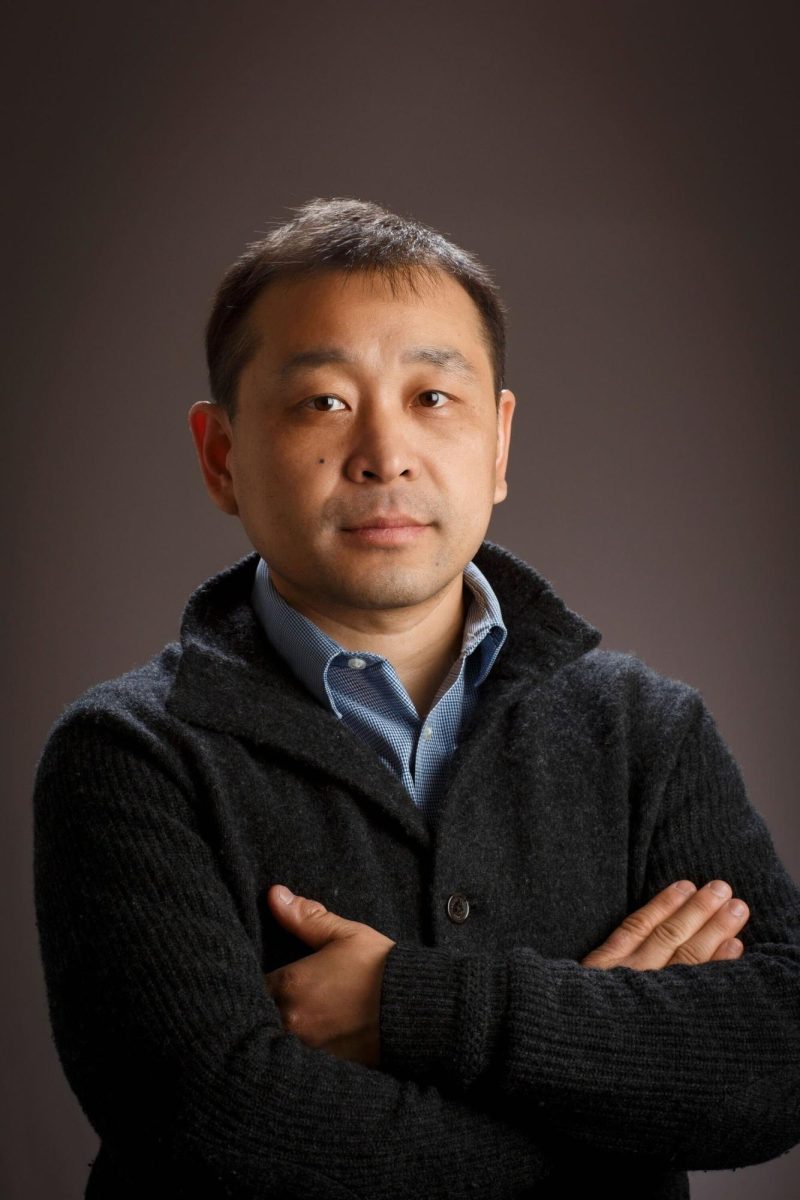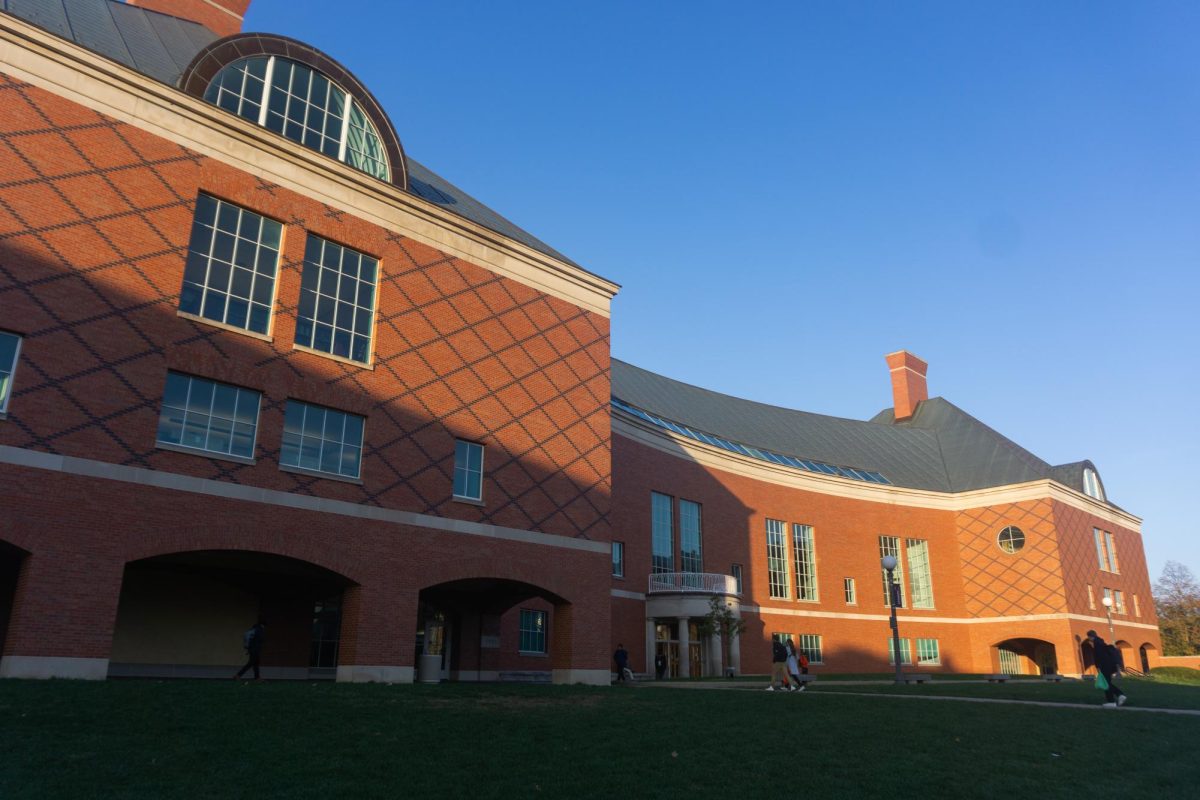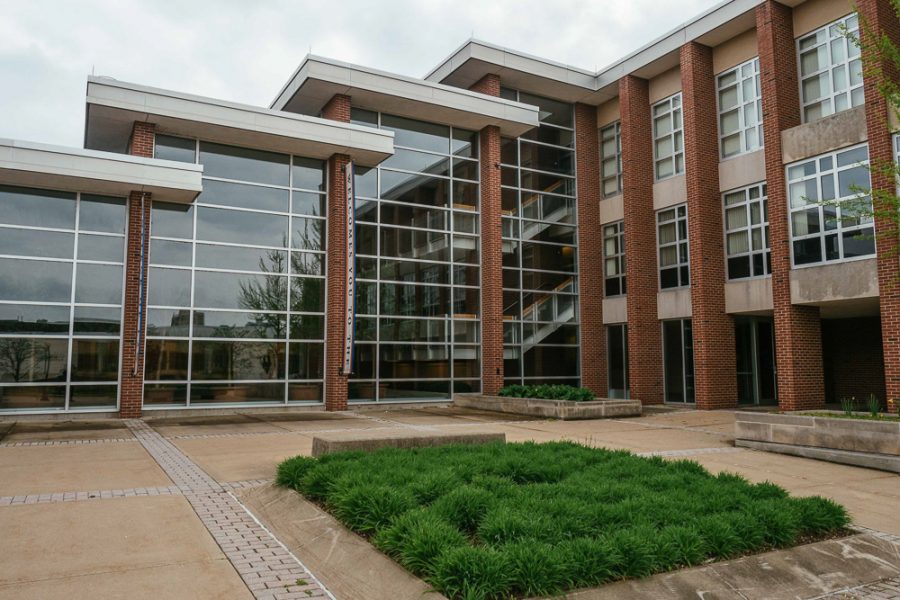**This piece is part of a six-part series profiling each University scientist named to the 2024 Clarivate Analytics Highly Cited Researchers list. Installments of the series will be posted weekly.**
ACES professor Kaiyu Guan’s work using advanced modeling and sensing to improve crop productivity and ensure environmental sustainability earned him recognition on the Clarivate Analytic Highly Cited Researchers 2024 list. The list, which was published in November, uses citation data from the past decade to highlight the most-cited researchers across the globe.
Guan is a professor in agroecosystem modeling and sensing at the University, a Blue Waters professor of supercomputing and chief scientist at NASA Acres — NASA’s flagship program for United States agriculture. He and his team use an interdisciplinary approach to accomplish two main goals.
“We want to continue to make our farmland agriculture more productive, but at the same time, we want the land to be sustainable … for future generations,” Guan said.
Get The Daily Illini in your inbox!
In pursuit of these objectives, his team uses advanced technologies such as satellite data, artificial intelligence and supercomputing, alongside fieldwork and experiments.
Agricultural research at the University is at a unique advantage due to the abundance of nearby commercial farms that can provide data. However, Guan’s reach goes far beyond Central Illinois.
“We want to make research impactful for not only our state but for the whole nation,” Guan said. “Even more so, we hope our technology can be scalable to everywhere on this planet.”
As a chief scientist at the NASA Acres program, Guan helps farms across the U.S. leverage NASA satellite data to improve crop yield and lessen the environmental impact of their practices. Guan and his team use the University’s supercomputers and artificial intelligence to compute large quantities of data from millions of fields nationwide.
Guan also considers the influence of national policy on agricultural practices. The Farm Bill, a legislation package renewed every five years that designates national spending to various aspects of agriculture, is especially important to Guan.
“It’s very, very important that we are actively using our research to design some critical aspects of the Farm Bill policies, especially related to conservation,” Guan said.
Collaboration has been vital to Guan’s research projects throughout his career.
“There’s a huge team supporting this,” Guan said. “We have a lot of Ph.D. students working hard, a lot of postdoc research scientists and my collaborators — we all contribute to this.”
Guan expressed his gratitude for the Clarivate Analytics recognition but noted there are other means of measuring scientific influence.
“I would say the citation or publication is only one measure of your academic impact,” Guan said. “I think we should really encourage all the researchers, especially younger researchers, to think about how they make their research impactful by contributing to society.”







